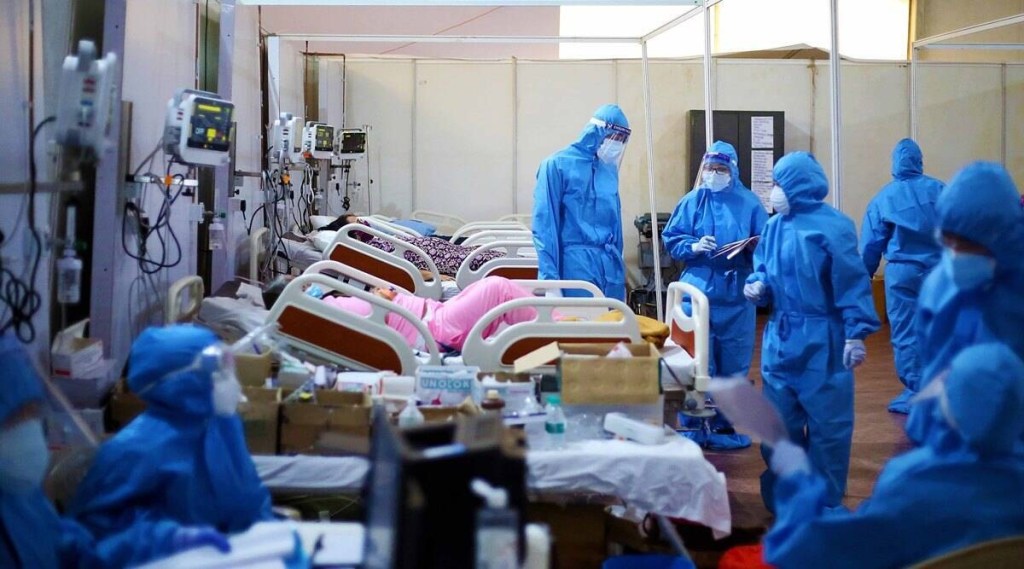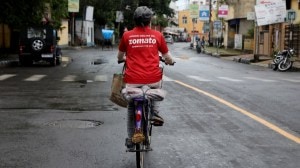A recent joint report by the World Health Organization (WHO) and UNICEF has revealed that half of the healthcare facilities lack basic hygiene services with water and soap or alcohol-based hand rub where patients receive care and at toilets in these facilities across the world. According to the global agencies’ Joint Monitoring Programme (JMP) report, around 3.85 billion people use these facilities, putting them at greater risk of infection, including 688 million people who receive care at facilities with no hygiene services at all.
“Hygiene facilities and practices in health care settings are non-negotiable. Their improvement is essential to pandemic recovery, prevention and preparedness. Hygiene in health care facilities cannot be secured without increasing investments in basic measures, which include safe water, clean toilets, and safely managed health care waste. I encourage Member States to step up their efforts to implement their 2019 World Health Assembly commitment to strengthen water, sanitation and hygiene (WASH) services in health care facilities, and to monitor these efforts,” said Dr. Maria Neira, WHO Director, Department of Environment, Climate Change and Health in a statement on Tuesday.
The latest report, ‘Progress on WASH in health care facilities 2000–2021: special focus on WASH and infection prevention and control’, has for the first time established this global baseline on hygiene services. While compiling this report the experts assessed access at points of care as well as toilets as more countries than ever report on critical elements of WASH services in their hospitals and other health centres.
ALSO READ | WHO makes new recommendations for Ebola treatments
According to the agencies, for hygiene, data are now available for 40 countries, representing 35% of the world’s population, up from 21 countries in 2020 and 14 in 2019.
The newly established global estimate reveals a clearer and more alarming picture of the state of hygiene in health care facilities. Though 68% of health care facilities had hygiene facilities at points of care, and 65% had handwashing facilities with water and soap at toilets, only 51% had both and therefore met the criteria for basic hygiene services. Furthermore, 1 in 11 (9%) of health care facilities globally have neither.
“If health care providers don’t have access to a hygiene service, patients don’t have a health care facility,” said Kelly Ann Naylor, UNICEF Director of WASH and Climate, Environment, Energy, and Disaster Risk Reduction (CEED). “Hospitals and clinics without safe water and basic hygiene and sanitation services are a potential death trap for pregnant mothers, newborns, and children. Every year, around 670 000 newborns lose their lives to sepsis. This is a travesty – even more so as their deaths are preventable.”
Meanwhile, the report also highlighted that contaminated hands and environments play a significant role in pathogen transmission in health care facilities and the spread of antimicrobial resistance.
The report is being launched at World Water Week taking place in Stockholm, Sweden. The annual conference, which runs from 23 August to 1 September, explores new ways to tackle humanity’s greatest challenges: from food security and health to agriculture, technology, biodiversity, and climate.
ALSO READ | Monkeypox outbreak ‘unusual, concerning,’ says WHO ahead of emergency meeting







